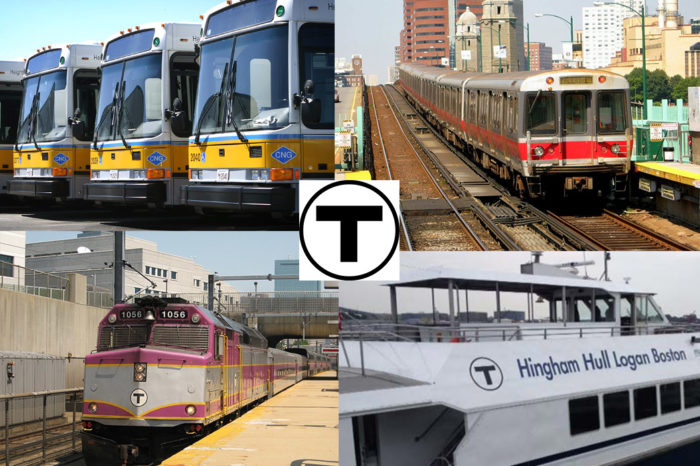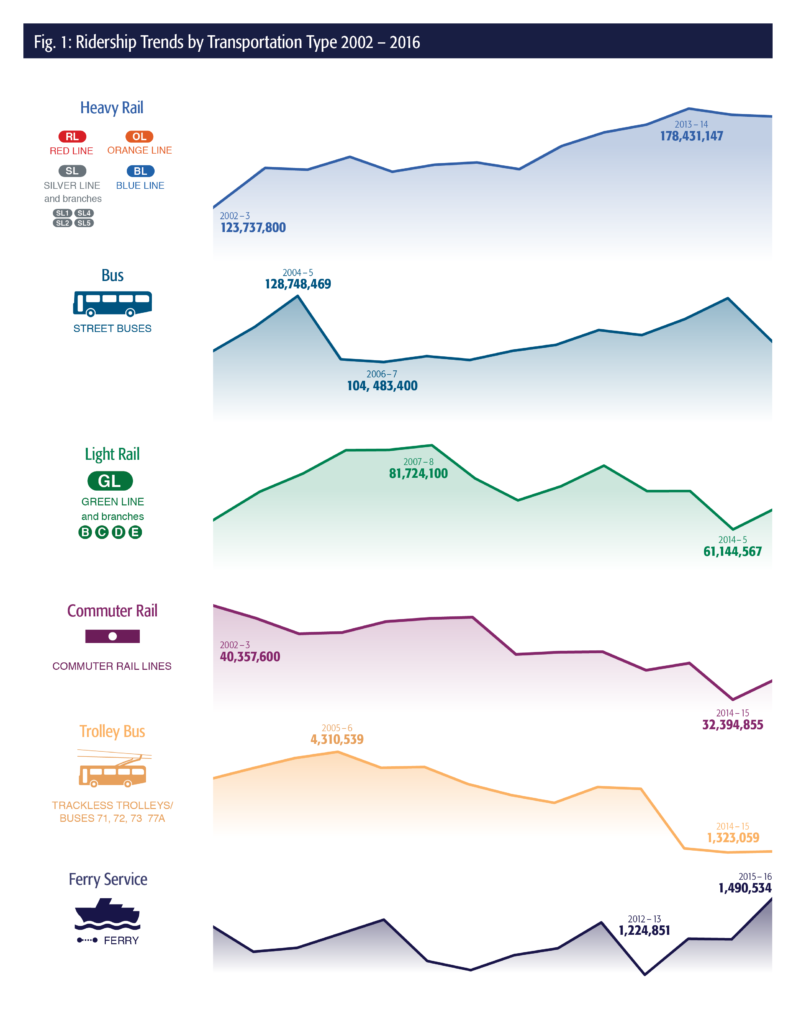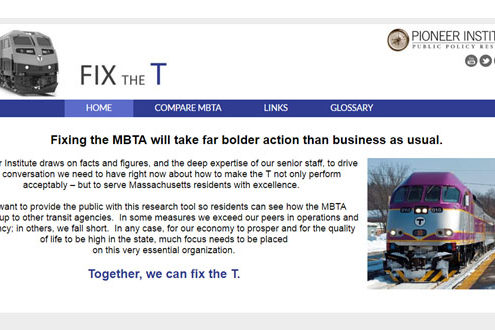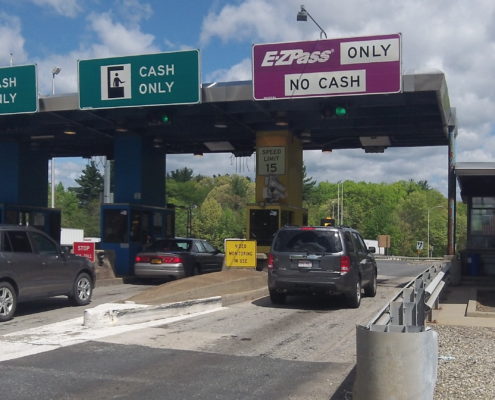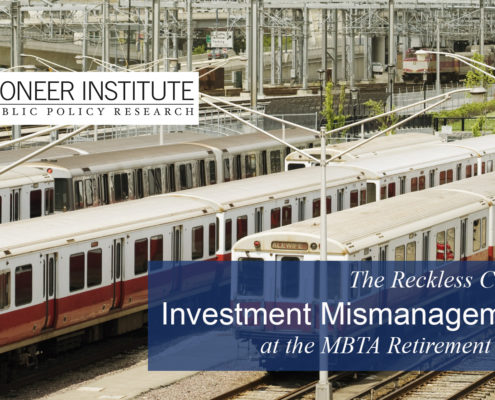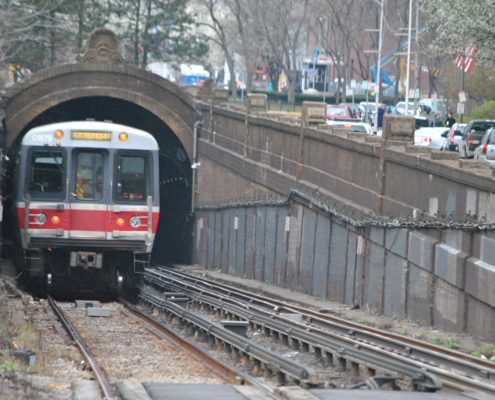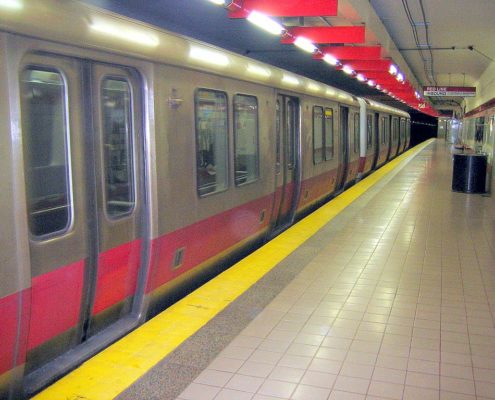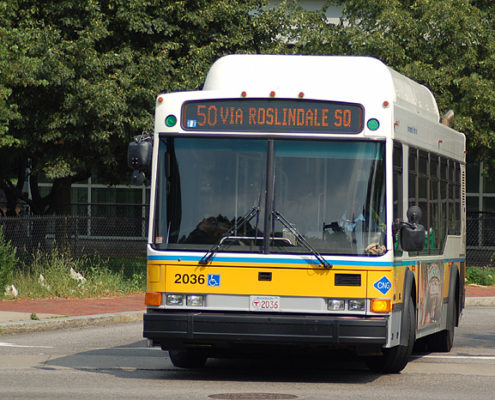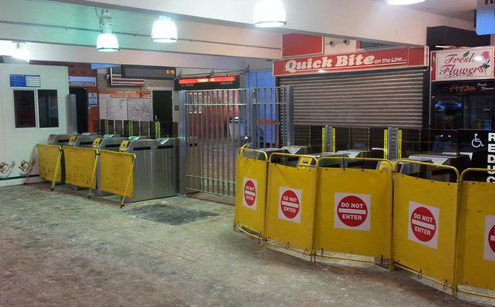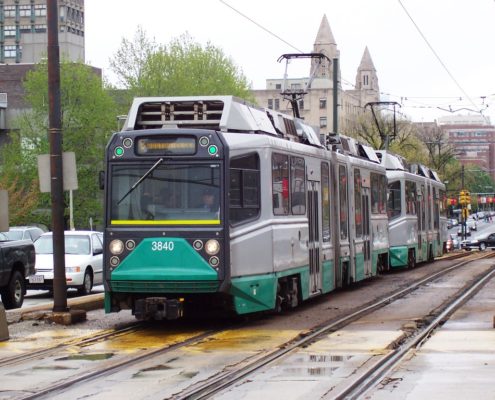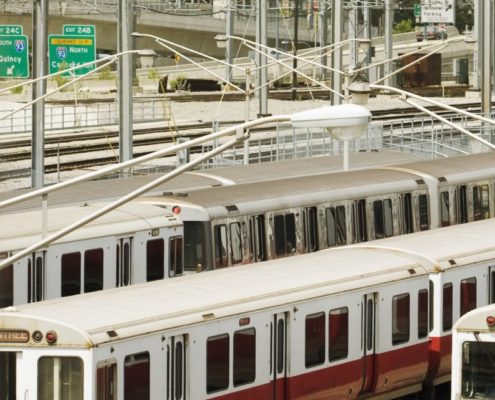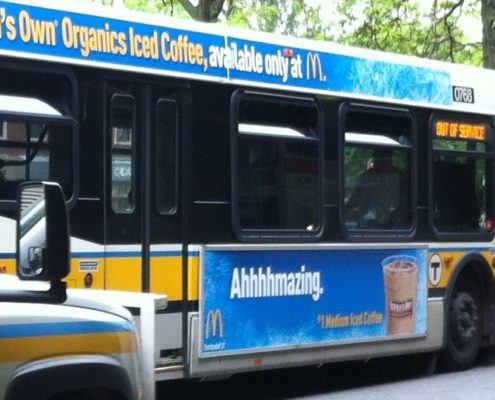Study Urges New MBTA Strategic Plan to Focus on Attracting More Riders
Increased ridership would boost revenue, reduce congestion and bring environmental benefits
BOSTON – Measurable targets for increasing ridership would be an effective organizing principle as the MBTA develops its strategic plan, according to a new study published by Pioneer Institute.
“Increasing ridership aligns well with many of the MBTA’s subsidiary goals,” said Pioneer Institute Research Director and former Massachusetts Inspector General Greg Sullivan, the author of “Aim High on MBTA Ridership: A big-picture take on the T’s strategic plan.” “The additional revenue from more riders would help to improve the T’s finances.”
Sullivan looked at ridership trends on six MBTA modes – bus, commuter rail, ferry, heavy rail (the Blue, Orange and Red Lines), light rail (Green Line), and trolley bus service between fiscal years 2003 and 2016.
He found that commuter rail and trolley ridership declined over that time, while the other modes saw increases, though only a 2016 spike put light rail into the positive territory. Bus ridership saw the most fluctuation, while heavy rail had the largest overall increase.
Using data from an analysis performed by the Central Transportation Planning Staff of the Boston Metropolitan Planning Organization, Sullivan estimates the additional revenue that could be generated by various degrees of increased ridership. The scenarios range from an annual jump of more than $68 million from increasing ridership across the board to 110 percent of 2016 levels, to more than $250 million in potential additional revenue if the MBTA can increase ridership on each mode to 120 percent of the year in which the agency had the most trips between 2003 and 2016 (FY2014).
“The Control Board’s tenure has been marked by hard work, real accomplishments, and seriousness of purpose in moving the T toward a balanced budget and a state of good repair,” said Jim Stergios, executive director of Pioneer Institute. “There clearly is much more work to do, including the development of a strategic plan that defines the authority’s vision and priorities for public transit in the Greater Boston area. Pioneer believes that prioritizing an expansion in ridership also helps the T address many of its significant challenges.”
The advantages from increasing ridership wouldn’t only be financial or benefit the T exclusively. It would also help to reduce road congestion, putting less strain on Greater Boston roadways and generating positive environmental benefits. A 2015 Texas A&M study found that congestion costs Boston $3.3 billion annually and $1,388 per commuter.
There are operational changes that would facilitate MBTA ridership increases. For example, modernizing signal systems could reduce headways enough to more than double Red Line capacity, assuming an adequate number of vehicles were available.
Another way the MBTA could boost ridership would be to promote commuter benefit plans, under which employers provide their employees with free or discounted transit passes. The T already gets more than a quarter of its fare revenues from corporate pass programs, which studies show are particularly effective and attracting riders who are new to transit. The data suggest there is an opportunity to significantly expand these programs through a variety of unique initiatives.
The MBTA could also target promotional materials to employees and work collaboratively with payroll vendors to distribute the materials.
About the Author: Gregory W. Sullivan is Pioneer’s Research Director, and oversees the Centers for Better Government and Economic Opportunity. Prior to joining Pioneer, Sullivan served two five-year terms as Inspector General of the Commonwealth of Massachusetts, where he directed many significant cases, including a forensic audit that uncovered substantial health care over-billing, a study that identified irregularities in the charter school program approval process, and a review that identified systemic inefficiencies in the state public construction bidding system. Prior to serving as Inspector General, Greg held several positions within the state Office of Inspector General, and was a 17-year member of the Massachusetts House of Representatives. Greg is a Certified Fraud Investigator, and holds degrees from Harvard College, The Kennedy School of Public Administration, and the Sloan School at MIT.
###
Pioneer Institute is an independent, non-partisan, privately funded research organization that seeks to improve the quality of life in Massachusetts through civic discourse and intellectually rigorous, data-driven public policy solutions based on free market principles, individual liberty and responsibility, and the ideal of effective, limited and accountable government.

